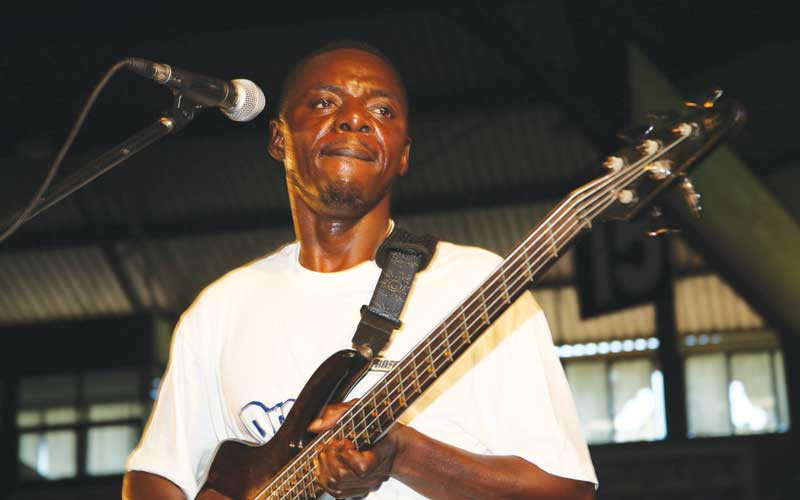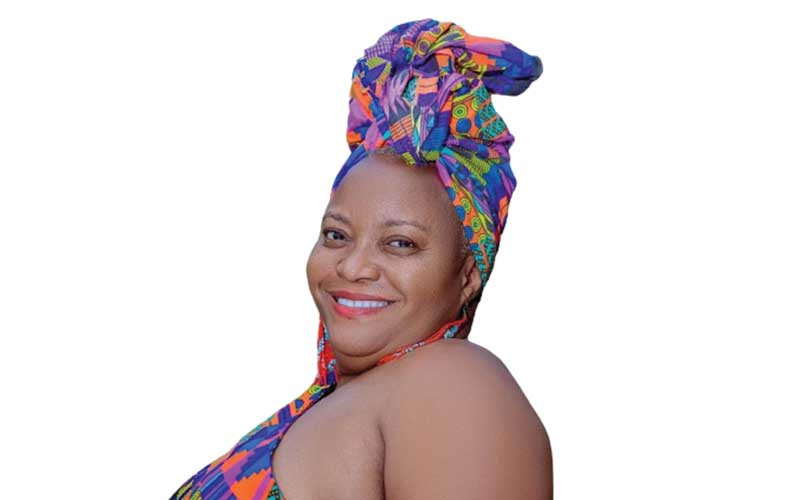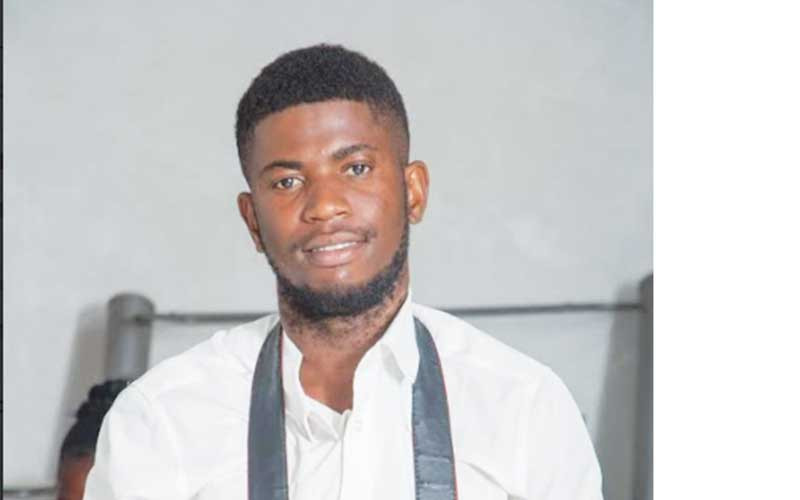
On July 2 we published the first part of an interview with Gibson Mandishona, one of Zimbabwe’s leading research scientists and mathematician. Gibson Mandishona is also an accomplished musician and arts manager with shining track record.
This is part two of the wide ranging interview with News Day’s Munya Simango (ND) where Gibson Mandishona (GM)’s musical contributions to jazz are revealed.
ND: Tell us about some of the notable personalities that you have worked with.
GM: During my time in Ethiopia I worked with Bob Marley to compose the song Zimbabwe. Although I am not a reggae fan; music is music, and being knowledgeable on Zimbabwean themes and traditions, I was able to assist Bob Marley on the project. I also facilitated for Simangaliso Tutani and Chris Chabuka, some of Zimbabwe’s finest jazz musicians, to study music theory at Berkley College in Boston, in the US. Simangaliso studied in the United States while Chabuka got his diploma from Berkley College through distance education using music materials which I procured for him.
ND: Besides being a musician you have been credited with making an outstanding contribution to jazz through promoting the genre in Zimbabwe. Do you acknowledge that and what are the highlights of the contribution?
GM: After the death of Tutani we established the Zimbabwe National Jazz Festival with Sam Mataure, Penny Yon, Mainos Mudukuti and others. This revived Zimbabwean jazz at the time, as we also groomed a number of young artists including Patience Musa, The Other Four and Africa Revenge. Later on I edited Joyce-Jenje Makwenda’s seminal book entitled Zimbabwe Township Music, which was a stimulating experience. In 2002 we organised, under the patronage of Robbie Mupawose, Mbuya Mlambo and Pashapa; the National Hunger Concert with Joyce Makwenda, Fungai Malianga, Hilton Mambo and Ray Mawerera. Eventually we raised enough money to donate to various children’s charities spread nationwide.
ND: What is your view of Zimbabwean jazz music and musicians?
GM: The current crop of jazz musicians is doing well, they are dynamic and they are following modern trends . . . the young people are trying their best.
- Chamisa under fire over US$120K donation
- Mavhunga puts DeMbare into Chibuku quarterfinals
- Pension funds bet on Cabora Bassa oilfields
- Councils defy govt fire tender directive
Keep Reading
ND: We now have a number of jazz festivals; the Harare Jazz Festival, Jazz Under the Stars and Winter Jazz Festival. Having provided leadership to the Zimbabwe National Jazz Festival in your time, what is you view of today’s jazz festivals and music festivals in general?
GM: I have observed the resurgence of festivals. There should be more local acts participating and festivals should use more venues in different locations. In the past, we used to have more than 30 groups performing at different venues as part of one festival.
ND: What challenges do you think Zimbabwean music industry stakeholders need to urgently address?
GM: Musical instruments and music theory books are in limited supply and are not readily accessible to the general population. There is limited patronage of music and the arts by society, the absence of music as an examination course in the school curriculum, lack of palatable family friendly venues and limited corporate investment in the arts. Stakeholders should come together and map out strategies to improve this situation.
ND: You are a role model and mentor for the young people in the music industry today. What message do you have for the youth?
GM: I would like to emphasise the need for persistent practice in order to master one’s chosen instrument. Also we should not be copy cats. Let us create jazz that is uniquely Zimbabwean and based on our culture and music traditions.
ND: Dr Mandishona thank you for your time. We hope that your life and work will inspire many.











